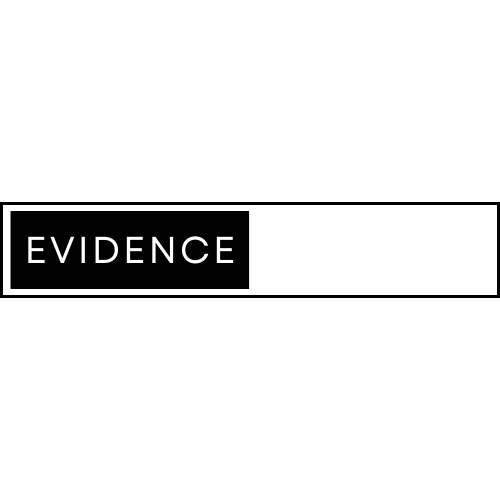Eric Chen, Ph.D.

Since 2020 when I started serving as Chair of the Diversity, Equity, Inclusion and Belonging (DEIB) Committee, our committee has continued to grow. In this summer issue of The Group Psychologist, I would like to welcome and introduce two new members: Shanique Brown and Pankhuri Aggarwal. Below let us hear their DEIB voices. As in the past, if you have any reactions or if you are interested in participating in the DEIB Committee, please contact me at echen@fordham.edu.
–Eric C. Chen, DEIB Committee Chair
Shanique Brown, PhD <shanique.brown@wayne.edu>
I am an assistant professor of industrial-organizational psychology at Wayne State University. My primary area of research relates to cognitive processes and states relevant to work and organizational psychology. My research focuses on information processing and decision making in teams. In one project, we examine knowledge-diverse teams to understand the factors that enable consideration and use of the full range of task-relevant information present in those teams. We are also working to advance the literature on team decision making, given the reliance on teams to make critical decisions within organizations. Though I am not a (demographic) diversity scholar, my perspective, as someone who identifies as a member of several minoritized groups, equips me with a unique viewpoint that informs my thinking and research. My lived experiences also allow me to appreciate the significance of diversity, equity, inclusion, and belongingness (DEIB) efforts.
I have been an active contributor to the community of small-group researchers, where diversity has long been an area of interest to several scholars. Demographic diversity in groups and teams has been present as a topic of note for decades with groundbreaking contributions made by various researchers who have helped to inform how we define, conceptualize, and study diversity in small groups and work teams. The meso level, which small groups and work teams occupy, provides an excellent opportunity for further examination and interventions to enhance DEIB given its position between larger organizational structures and individuals. As smaller, more localized units, small groups and teams offer a well-defined environment for understanding and influencing perceptions, attitudes, and behaviors connected to DEIB.
Pankhuri Aggarwal, MA <aggarwp@miamioh.edu>
I am a PhD student in Miami University’s APA-accredited clinical psychology program, starting in the fall of 2023 a pre-doctoral internship at the Perelman School of Medicine, University of Pennsylvania. I completed my master’s in applied psychology with a specialization in clinical psychology from the Tata Institute of Social Sciences in Mumbai, India.
Diversity has always been central to my understanding of human behavior across my various roles as a clinician, mentor, and researcher. Having lived and worked within multi-and-polycultural communities, I witnessed the benefits of integrating diverse cultural perspectives from a young age. Additionally, pursuing certificate courses and opting for research and clinical training opportunities that promote culturally informed practices further advanced my understanding of the dynamic relations between social identities and the historical and political contexts in which they exist.
My research and service experiences directly address issues of inequity, exclusion, and lack of representation, both within academia and more broadly in the field of mental health. When working with clients, I often rely on theories of intersectionality, minority stress, and ecological systems to better understand their phenomenological experiences, their psycho-social environments, and the unique interaction between the two. I also discuss how my own identities and experiences contrast with those of my clients and how that may impact our shared understanding of the presenting concerns.
When I reflect upon the role of diversity as it applies to the context of group psychotherapy, I believe that diversity is fundamental to understanding an individual’s lived experience both within and outside of the group context and facilitating meaningful change. In my experience facilitating didactic and process-oriented groups, I have realized that group therapy is often an underutilized medium for producing cognitive, behavioral, and affective change. In particular, clients benefit tremendously from learning from one another and are more open to alternate perspectives due to the absence of inherent power differentials that are more visible in one-on-one psychotherapy. I strongly believe that each individual that makes up a group brings with them a unique perspective that is grounded in their familial, local, and community memberships. As a group facilitator, I often look for openings in sessions wherein I can facilitate meaningful conversations about similarities and differences so that clients participate and eventually lead those discussions rather than shying away from them. I also encourage clients to take risks by asking about others’ experiences and sharing their own life experiences in a safe manner so that they can utilize their reflections and feedback in the outside world.

